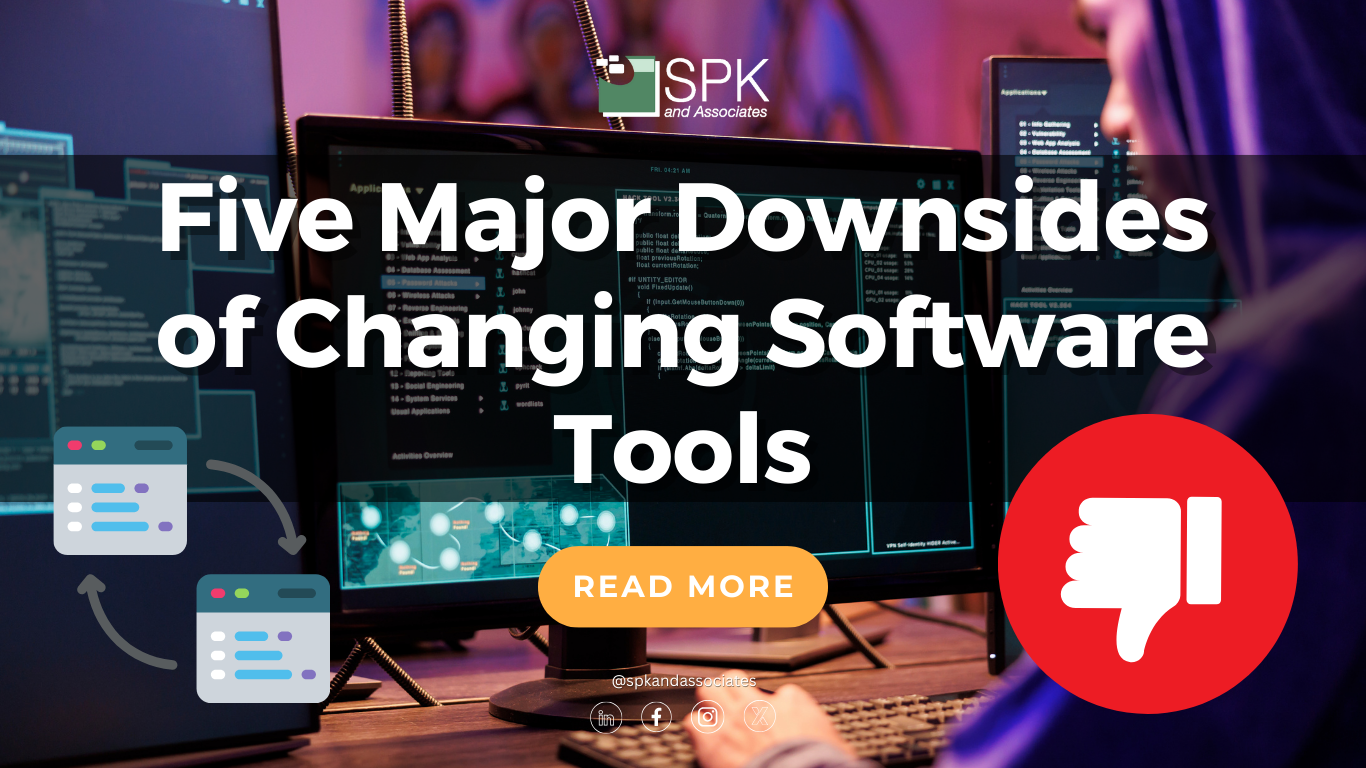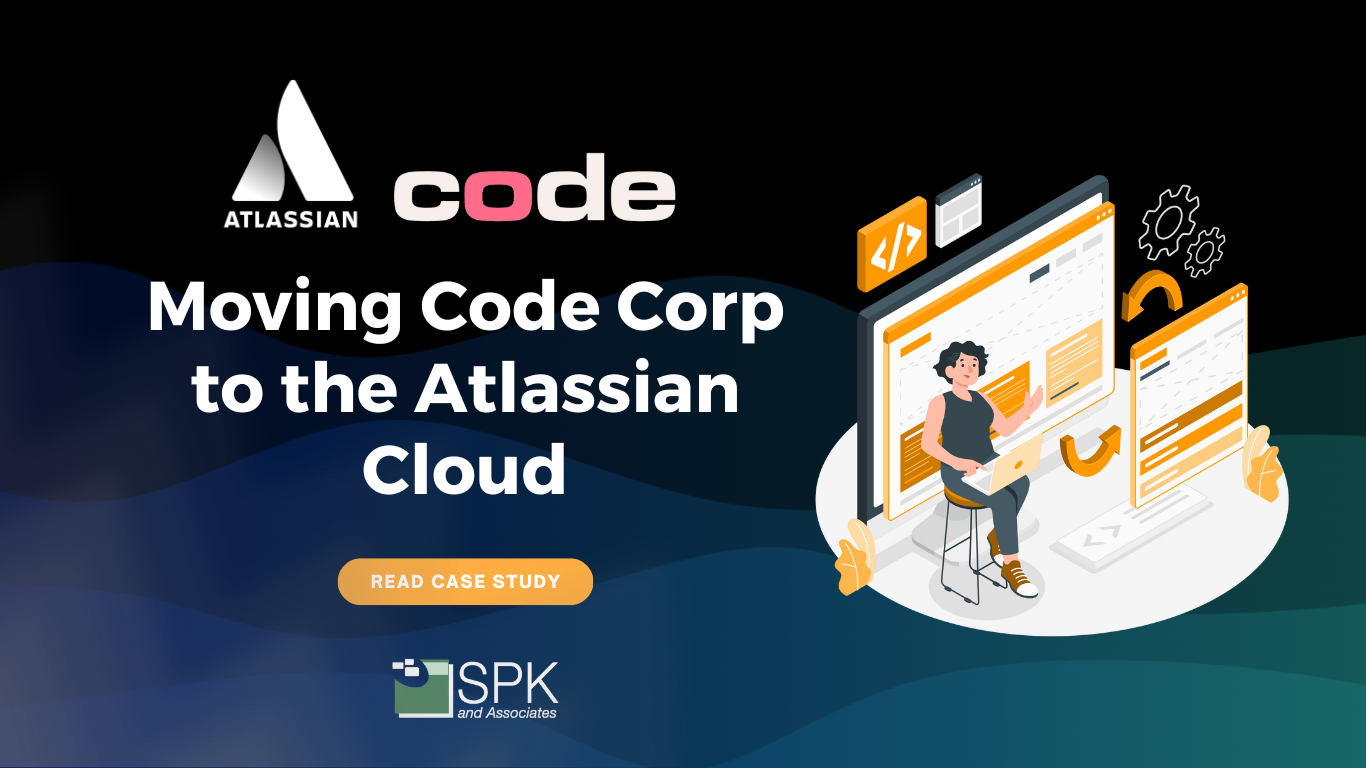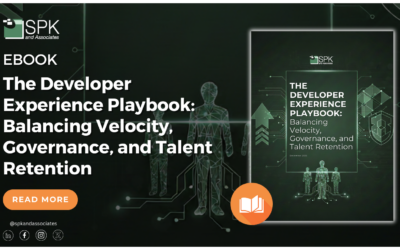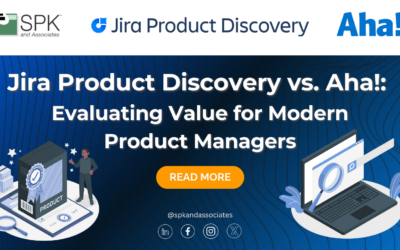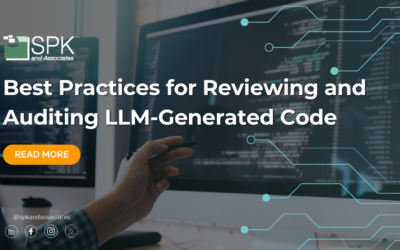Switching to new software tools can often seem like an exciting opportunity to streamline processes, increase efficiency, and modernize operations. Some executives seem to think that simply buying a new software tool will solve many problems at once. However, with great change comes great risk. These risks can be mitigated, however, companies must do their best to educate themselves on mitigation strategies and the best ways to overcome potential failures.
A report from McKinsey indicates that 70% of all change management initiatives fail. This statistic underscores the complexity of transitions, including the adoption of new software tools. Adoption of these tools particularly in technical environments such as CAD, PLM, Quality, CI/CD, and overall project management can be difficult. Failure in this context often includes resistance from employees, implementation difficulties, and unmet goals. The transition process, if not managed correctly, can lead to significant business disruptions. In this post, we will discuss the five major downsides of changing software tools, and how SPK and Associates mitigate these risks to ensure smooth transitions for our clients.
Real-World Risks of Software Changes
A study by Lakeside Software found that 30% of organizations experience productivity losses due to challenges associated with changing enterprise software. In the engineering and manufacturing sectors, these productivity losses can translate into missed deadlines, production delays, and significantly increased costs. In addition to this, a report by Lumendata and Oracle states that 83% of data migration projects fail or exceed their budgets. Data migration, especially within complex PLM or CAD systems, can be particularly challenging, leading to delays and operational issues if not done properly.
Prosci’s change management research shows that resistance to change is the top reason for project failure in 46% of organizations. This resistance is even more pronounced in technical fields, where specialized software tools become deeply ingrained in daily workflows. Any disruption can lead to a significant loss of confidence in the new systems. Even when technical staff are onboarded, a lack of training or general knowledge can derail new tools.

In a survey by Gartner, researchers found that 60% of employees experience a steep learning curve when adapting to new software. In technical roles such as engineering and IT, this learning curve can be greater due to the complexity of the tools and processes involved. Additionally, a Deloitte survey found that 39% of organizations experience collaboration challenges during software transitions. In engineering and manufacturing environments, where cross-functional collaboration is critical, any disruption to team communication and workflows can have a ripple effect on productivity and innovation. With remote and hybrid work on the rise, our software is the main way to collaborate between individuals, departments, and divisions. SPK has extensive experience in dealing with the risks of software changes and we understand how they can harm organizations. We also understand the strategies you need to implement to help resolve these issues.
1. Disruption to People and Processes
Changing software tools means adapting to new workflows, learning new systems, and shifting responsibilities. These disruptions can lead to confusion, frustration, and even resistance among your teams. The learning curve associated with new tools often slows down productivity and creates uncertainty about established processes.

At SPK and Associates, we understand that people are at the heart of your operations. That’s why we prioritize clear communication, training, and hands-on support throughout the transition process. Our change management strategies minimize disruptions and ensure that your teams are fully equipped to embrace new tools without sacrificing productivity. Whether you’re migrating to Jira, GitLab, Windchill, or another platform, our goal is to make the transition as seamless as possible for your people and processes.
We also work with clients to break up implementation into stages. Our goal is to provide the most important components first, which sets the stage for us to implement future phases over time. For example, our team may conduct an implementation for Jira, but we may not include some of the most complicated components such as Jira Automations in our early training. This feature could be an enhancement to the system after everyone understands how to use the main components of the new tool. Our Application Management managed services enable our clients to get the information they need when they need it. This helps them from feeling overwhelmed in the early implementation stages. It also minimizes disruption and helps map the company’s processes to the tool.
2. Potential Downtime or “Stop in Production”
One of the greatest fears of any organization undergoing a software change is the potential for significant downtime or a complete halt in production. The nightmare scenario of being unable to deliver critical projects due to technical difficulties is a possibility. Without proper planning and execution, the transition to new tools can lead to interruptions that have a ripple effect throughout your business.
SPK and Associates mitigates this risk by leveraging our deep expertise in Cloud, DevOps and PLM, combined with our rigorous project management practices. We build rollback opportunities at many stages given any potential risks that are realized during the transition. Furthermore, we perform extensive testing and create detailed migration plans that account for every possible challenge. Our proven methodology ensures that we conduct transitions right the first time, with minimal downtime and zero production stops. We make it our mission to ensure business continuity throughout the transition process.
3. Low Data Integrity
Data integrity is the lifeblood of any organization. Moving from one software tool to another can put your data at risk whether through data loss, or incomplete migrations. The complexity of data structures in modern PLM, CAD, and DevOps tools means that even minor errors during migration can result in significant issues. These data errors can haunt your organization long after the transition is complete.
SPK and Associates places a strong emphasis on safeguarding data integrity. Our consultants specialize in complex data migrations, particularly within the Atlassian and PTC ecosystems. For example, moving from PTC Windchill RV&S to Codebeamer is a generally hot topic for those using ALM tools in highly regulated industries. Our migration approach will always include test migrations in short time boxes, which we call sprints. These sprints help us solidify the desired end state, as well as what steps we need to take to get there. We use industry best practices to ensure that your data is preserved, accurate, and secure. That doesn’t mean there aren’t challenges.
In this video, I talk with VP of Software Engineering, Carlos Almeida, about how some of the Jira and Confluence marketplace apps for Atlassian migrations can be difficult. But as you can see from the video, we work with clients to ensure that any and all data possible can be migrated to the new platform, ensuring the best possible outcome.
4. Loss of Context and Lack of Training
Data alone isn’t enough. Context is crucial to understanding how that data was generated, why decisions were made, and what the next steps should be. This is especially important for regulated industries. For example, the FDA doesn’t care that you migrated from one system to another. You are still auditable and responsible for everything under your industry’s requirements regardless of the tools you use. Losing key historical context can impact decision-making and erode confidence in the new system, especially when teams can no longer trace the full narrative behind previous actions or projects.
Because our team has worked with many companies in highly regulated industries such as medical devices, aerospace, financial, and automotive, we recognize the importance of traceability and context. We don’t just migrate data; we ensure we maintaining the context around your data throughout the transition. For example, when moving from one ALM system to another, we preserve not just the code, but also the comments, workflows, and history that accompany it. By maintaining this contextual integrity, we help your teams hit the ground running with the new tools, equipped with all the information they need.
5. Loss of Collaboration
Modern software tools are often deeply embedded in the collaborative fabric of your organization. Migrating to a new tool can disrupt established communication channels, leading to silos, miscommunications, and a breakdown in collaboration. This loss of collaboration can be detrimental to team cohesion and project success, especially in complex engineering and development environments.
SPK and Associates knows that collaboration is key to innovation and success. That’s why, when we manage your software transitions, we focus on maintaining and enhancing collaboration. This could include integrations between tools, such as Jira and Codebeamer, Solidworks PDM and MasterControl, or even the integration of Microsoft Teams and Jira. Whether we’re helping you move to Atlassian Jira for project management, GitLab for DevOps, or PTC’s PLM tools for engineering workflows, we ensure that collaboration features are fully enabled and optimized in your new environment. Additionally, we provide training and best practices to help your teams leverage these tools to improve communication and collaboration, rather than lose it.

Need Experienced Consultants For Your Next Software Change?
Changing software tools is not without its challenges. However, with the right partner, those challenges can be mitigated to ensure a smooth and successful transition. At SPK and Associates, we’ve spent over 20 years helping companies manage complex software transitions with minimal disruption, maximum data integrity, and sustained collaboration. We’re here to guide you through the process with confidence and expertise.
Are you planning a software change and want to mitigate these risks? Contact SPK and Associates today to learn how we can help make your transition a success.


